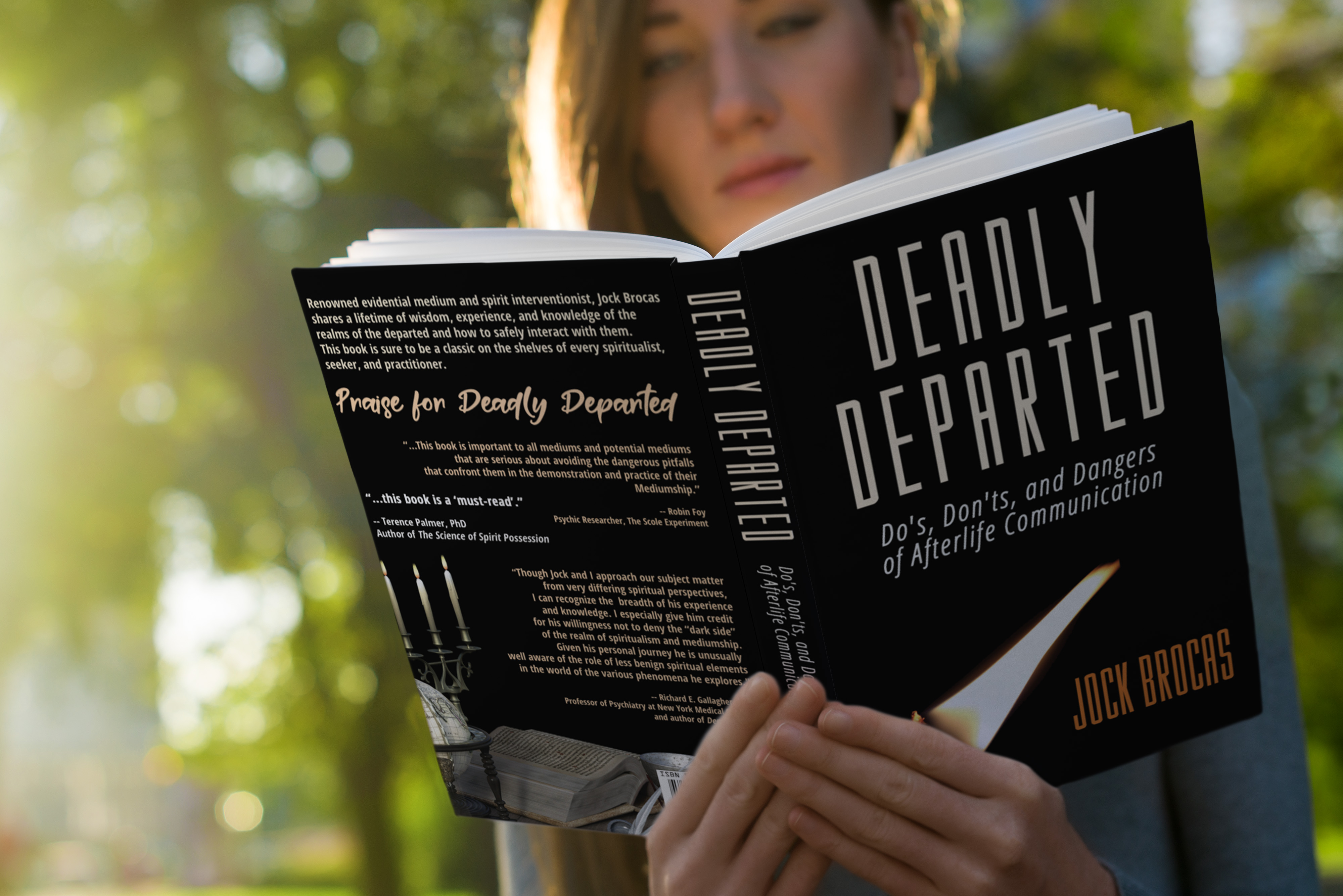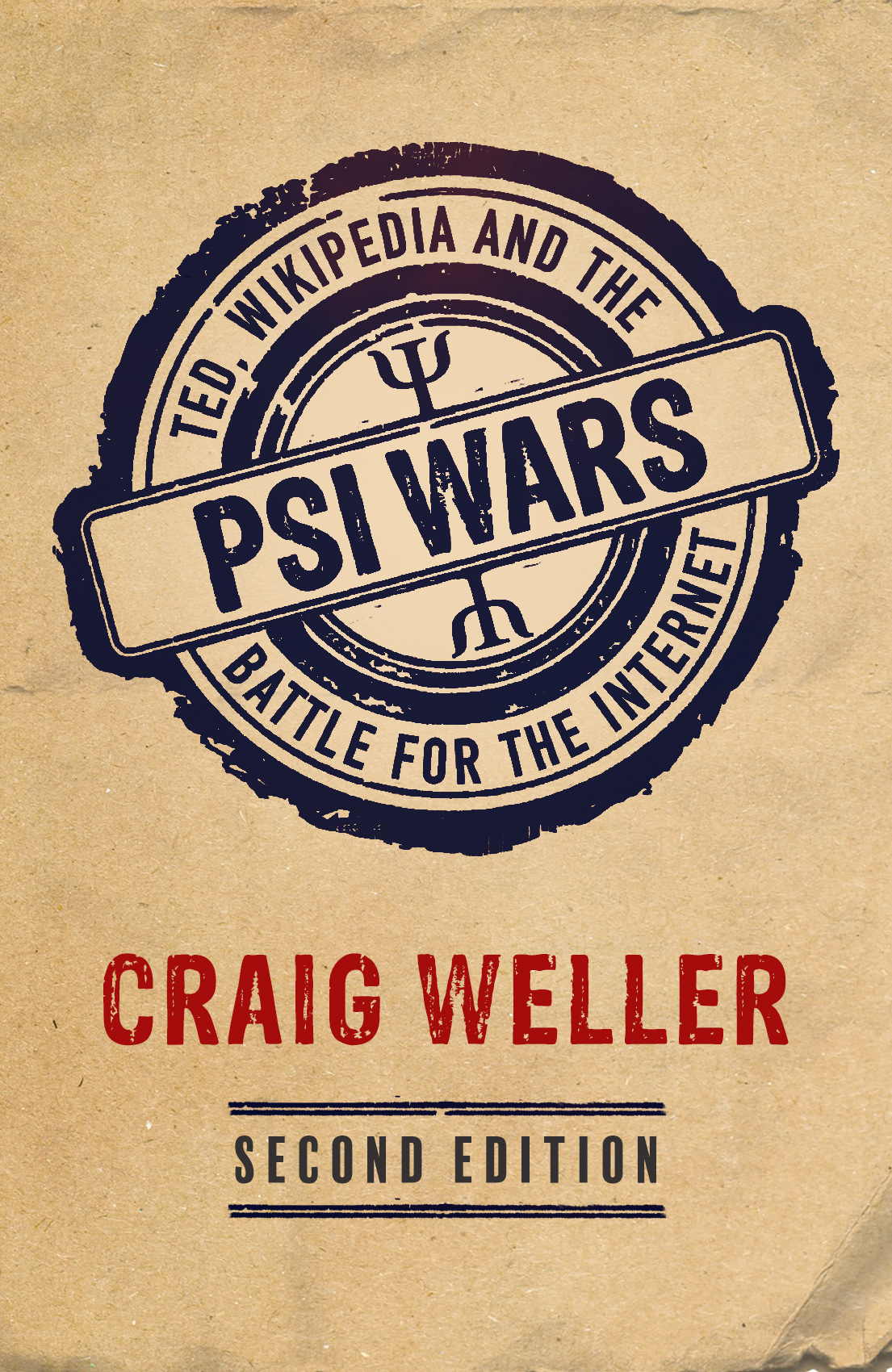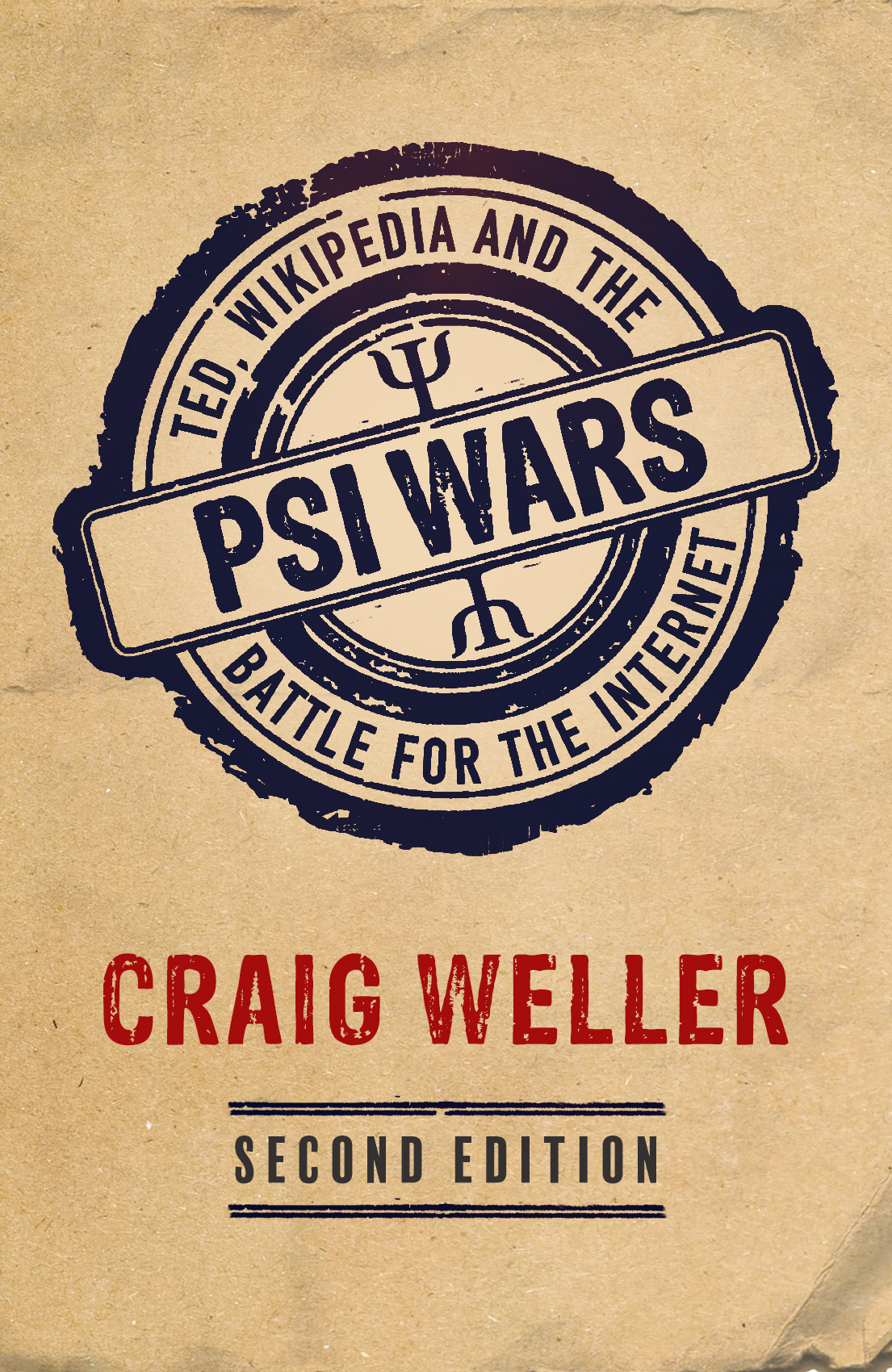The Paranormal Network
A professional network of paranormal resources and events brought to you By Paranormal Daily News

Dr. Dianne Cartwright
Out now! Dianne Cartwright's book, 'Telepathy — Our Lost Sense', sheds light on ESP, how we communicate with others by sending or receiving a ‘thought message’. Dianne's work is researched, readable and illuminating!

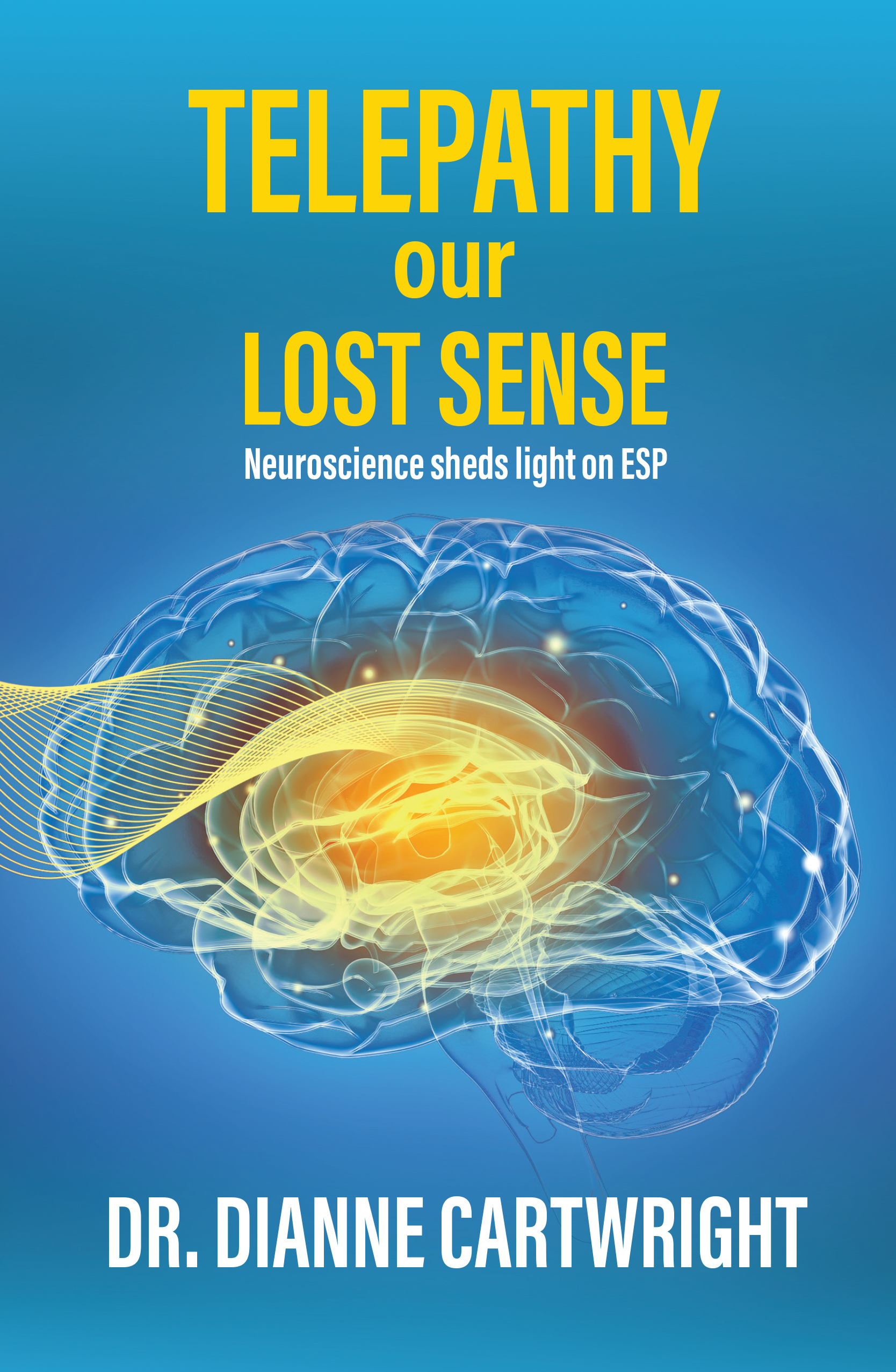
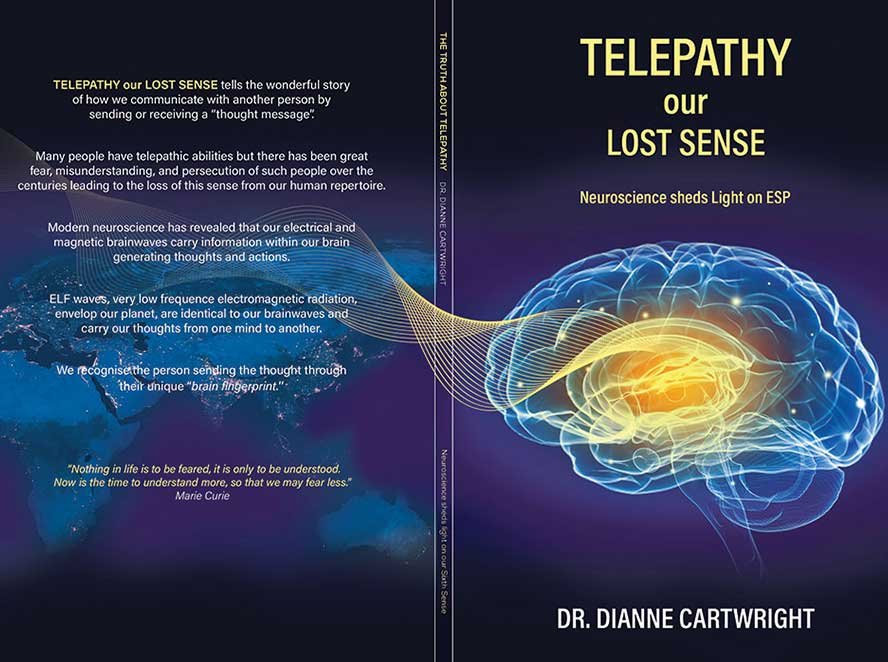
Discover the Mysteries of the Mind with Dr. Dianne Cartwright
Unlock the secrets of extra-sensory perception (ESP) with Dr. Dianne Cartwright’s enlightening new book, Telepathy — Our Lost Sense. This captivating read not only delves into the fascinating world of thought communication but also illuminates the nuances of how we might engage with one another beyond spoken words.
Key Highlights of Telepathy — Our Lost Sense:
- In-depth Research: Dianne’s work is grounded in rigorous research, offering readers a well-informed perspective on ESP.
- Accessible Writing: Written in a clear and engaging style, the book is designed for anyone curious about the mysteries of telepathy.
- Practical Insights: Discover how understanding telepathy can enhance your personal and professional communication skills.
- Illuminating Perspectives: Gain new insights into the human condition and our interconnectedness through thought.
Dive deep into the world of telepathy and explore your own hidden abilities! For more information or to purchase Dr. Dianne Cartwright’s book, visit diannecartwright.com.au. Don’t miss out on this chance to expand your understanding of communication beyond the ordinary!

